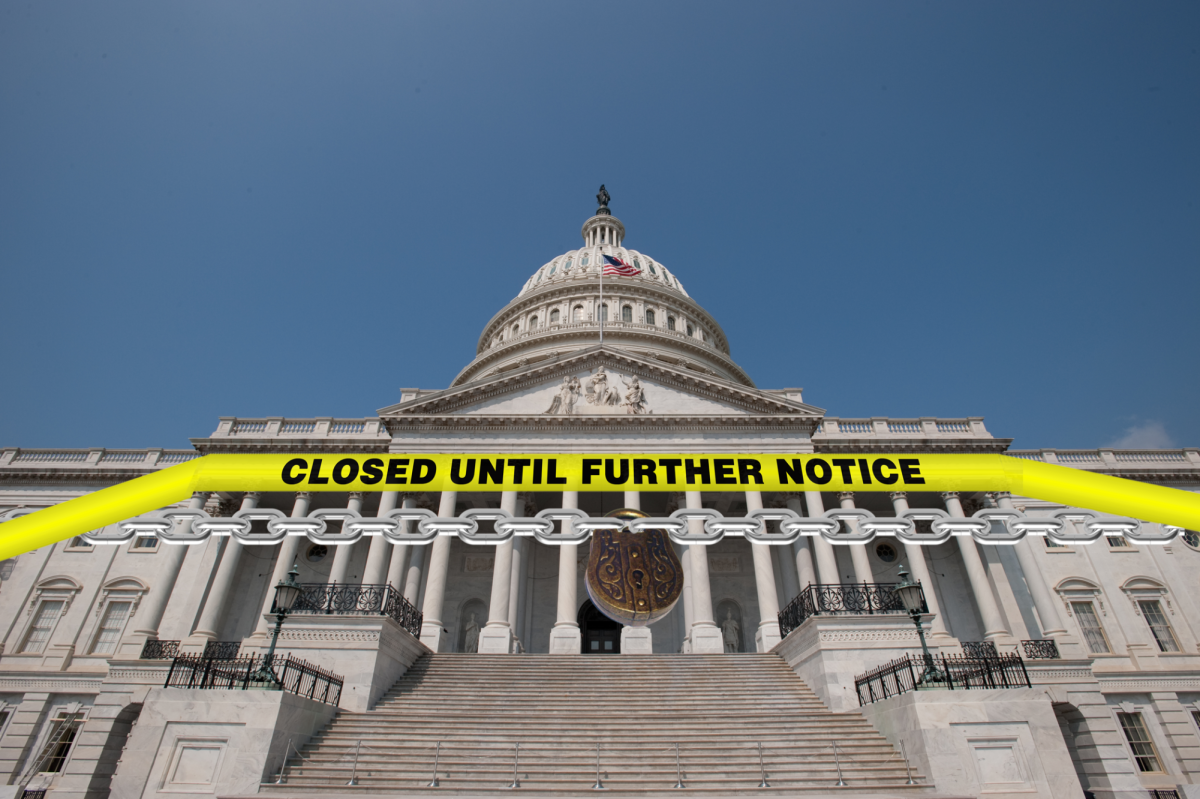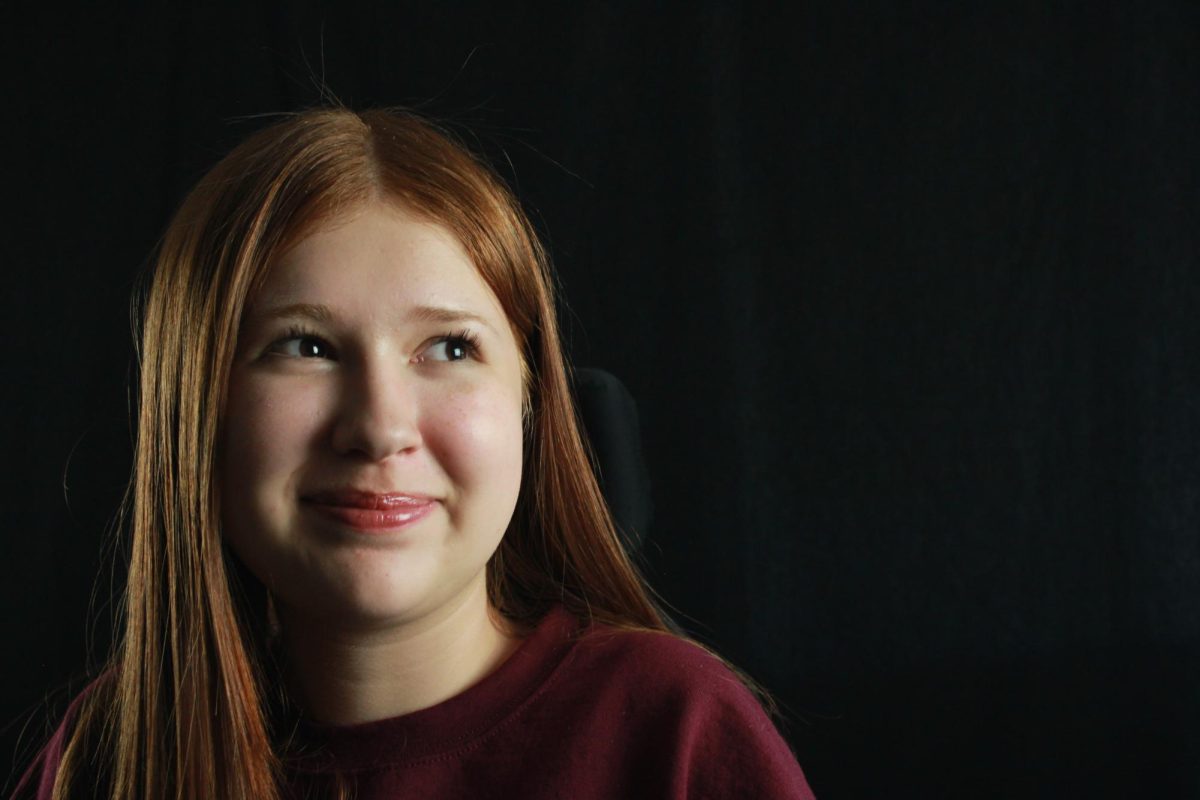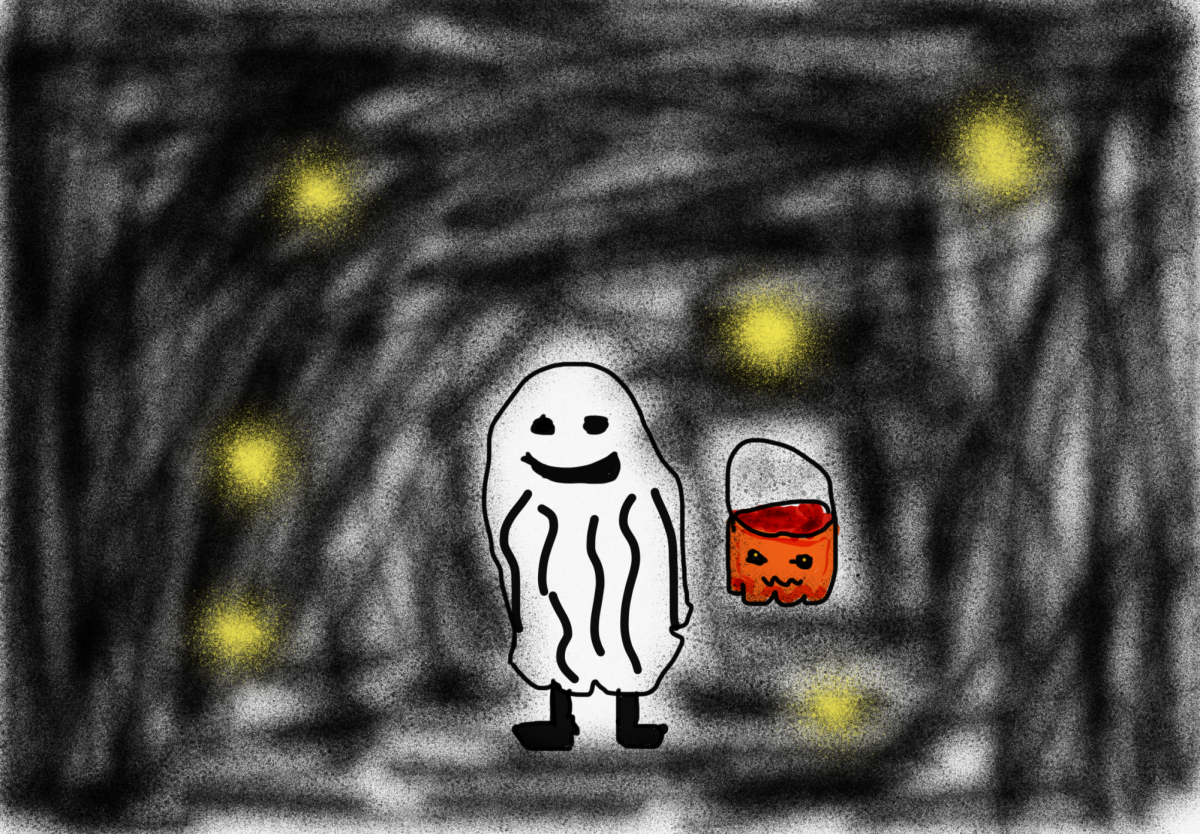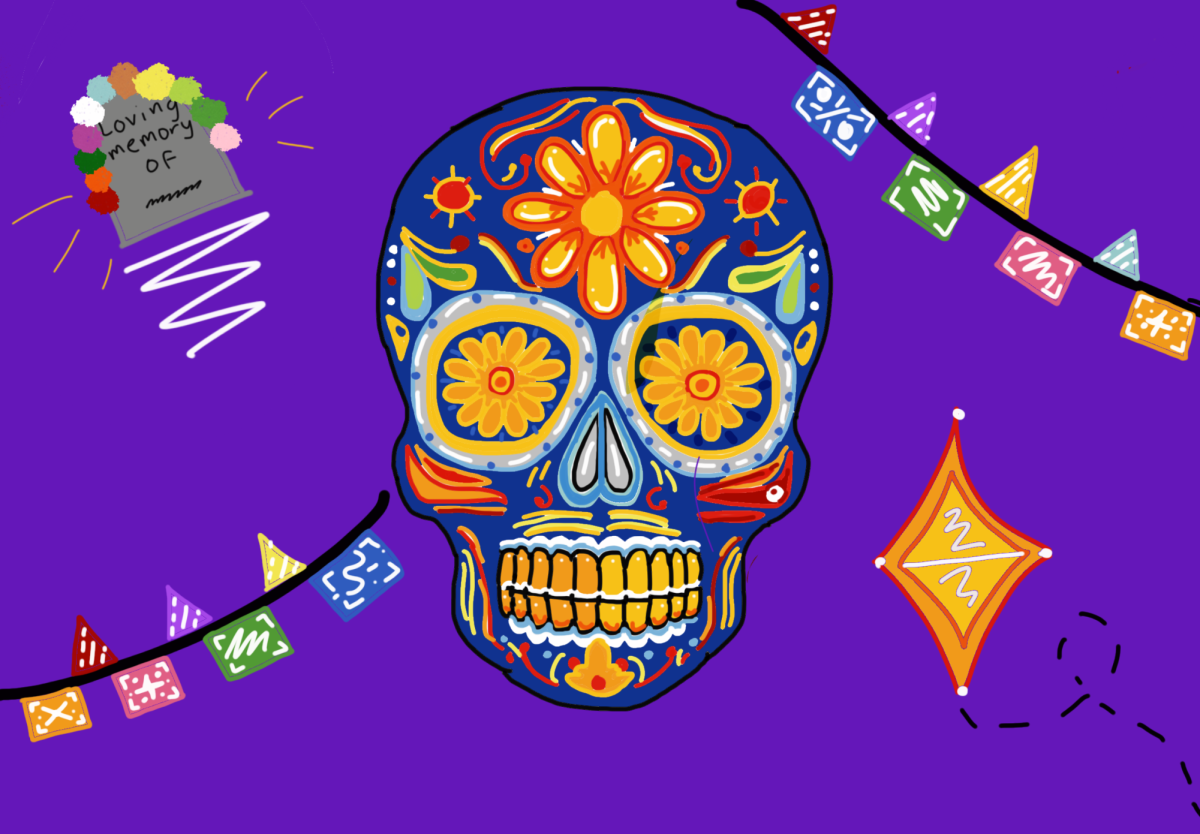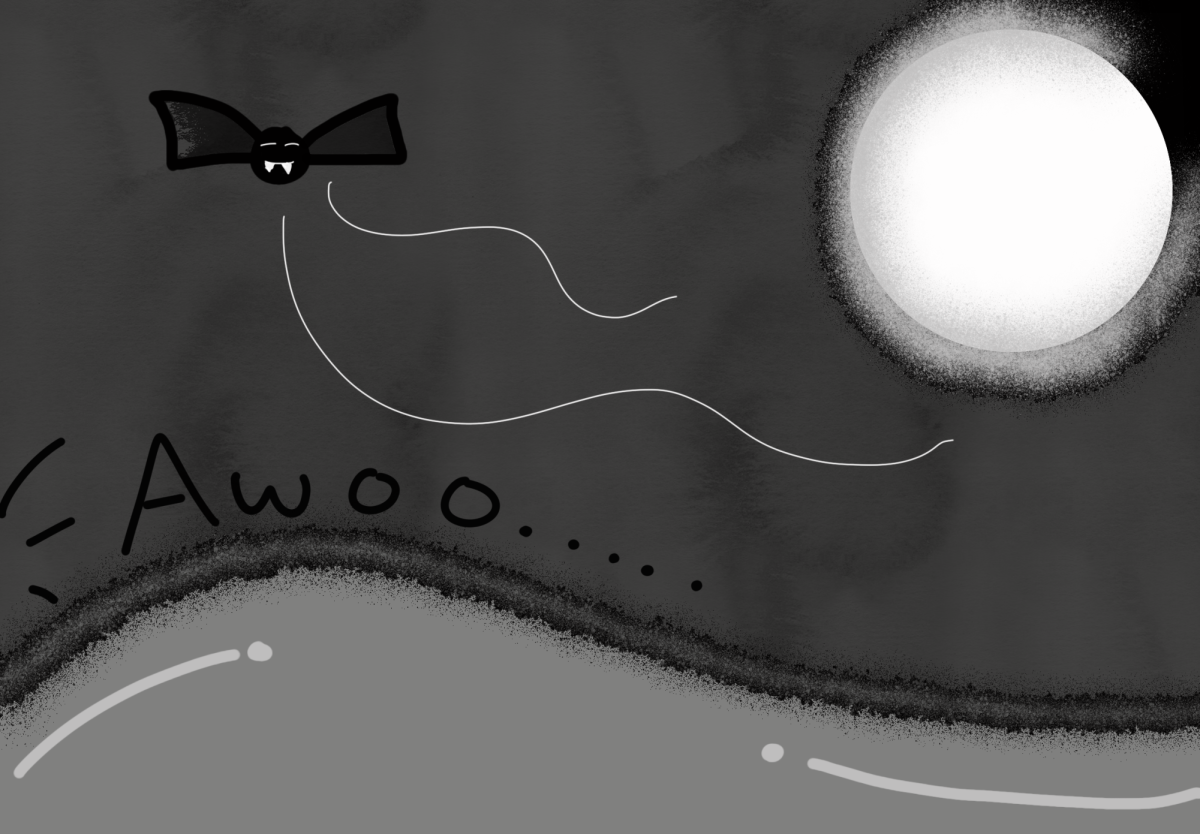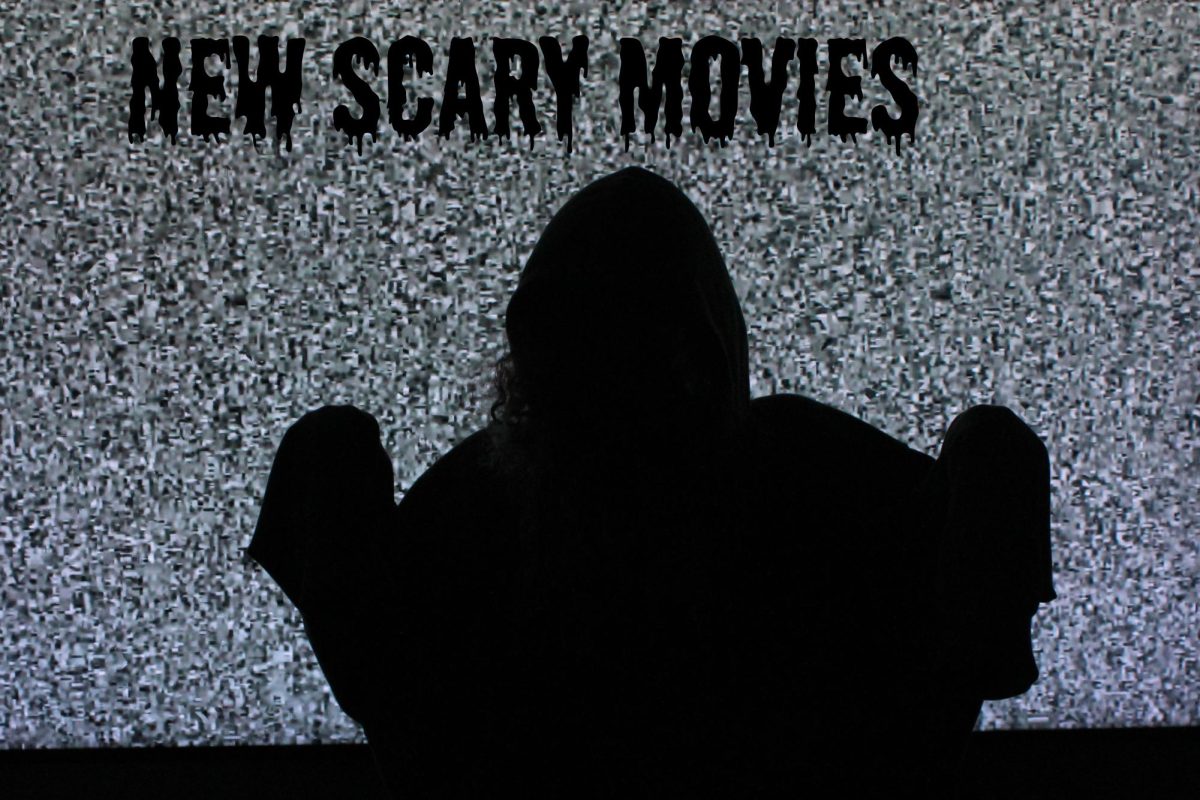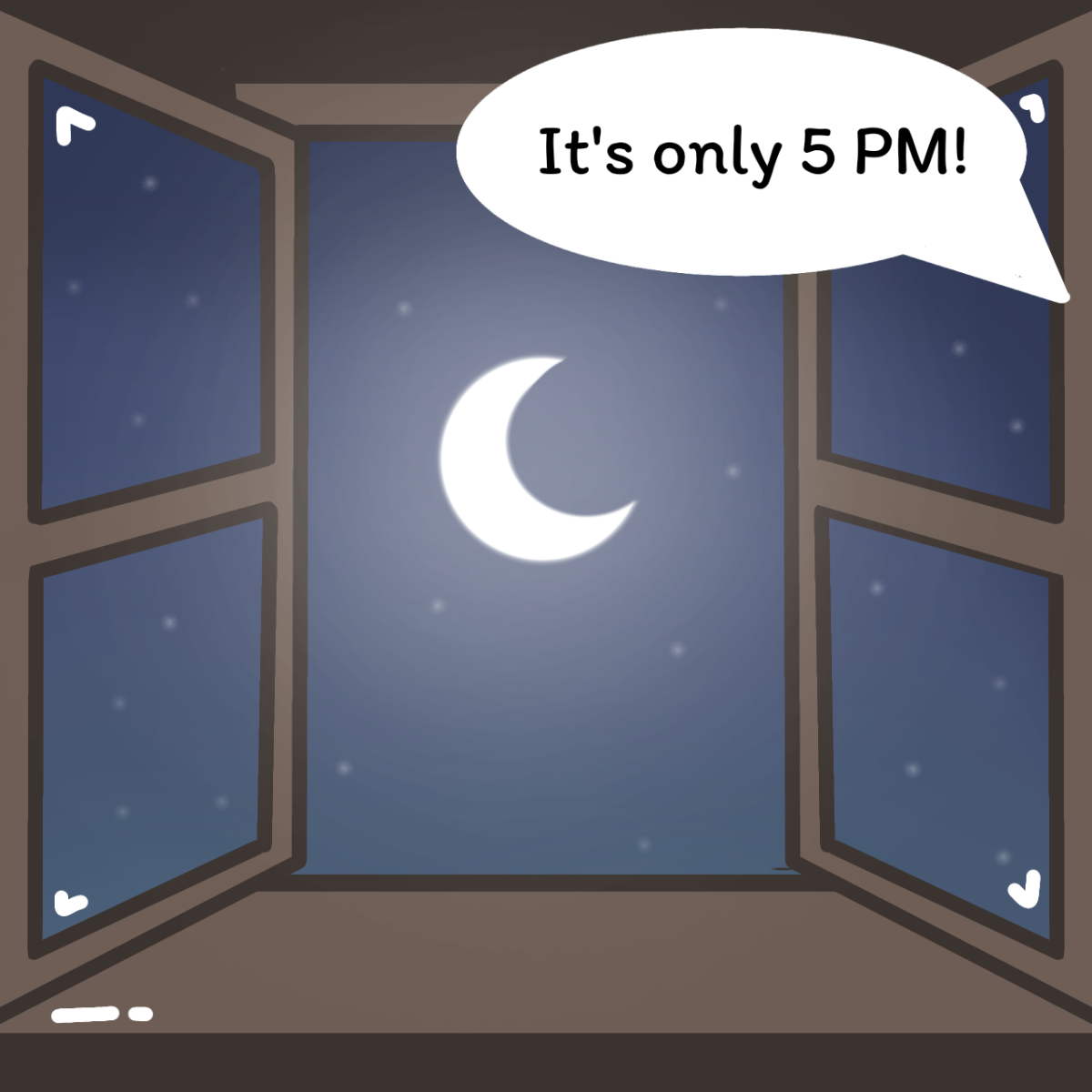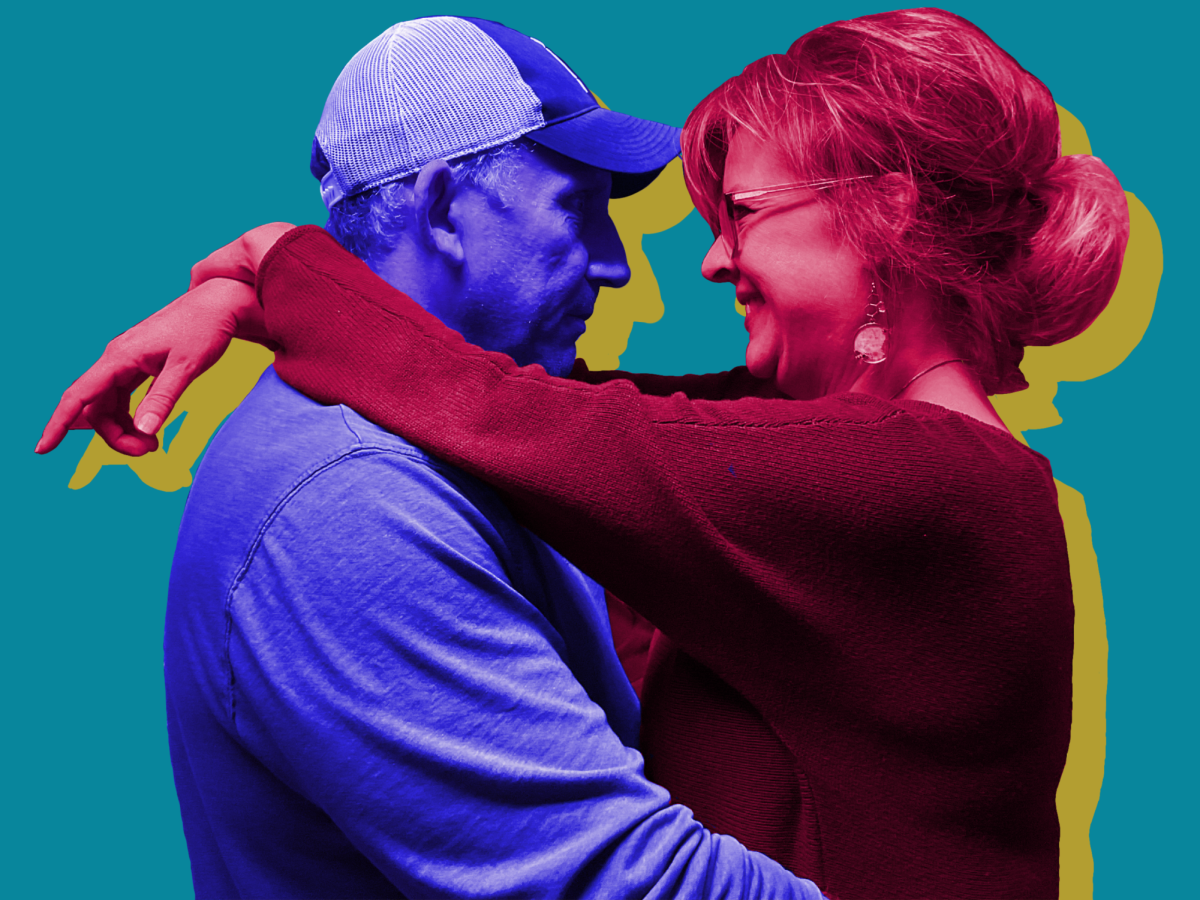On November 3, daylight savings time occurred, and the clocks were set back an hour. While it means an extra hour of sleep that night, DST remains a controversial topic nationwide.
In a Monmouth University poll in 2022, 35 percent wanted to keep changing the clocks, 13 percent wanted to keep clocks an hour behind year-round, and 44 percent wanted to keep their clocks an hour ahead year-round.
“Congress or the Secretary of Transport can change a time-zone boundary.” U.S. Department of Transportation said.
According to the U.S. Department of Transportation, the country saves one percent of energy during DST from April through October. The sun is out for longer, reducing energy bills.
However, during the months of December through February, the benefits are switched, and the nation consumes the same amount of energy it previously saved.
“How much energy do we save? Nearly 1.3 TeraWatt-hours per year in the U.S.“ Department of Energy said in a 2008 report.
The time change resulting from DST can potentially cause several adverse health effects in adults, such as heart attacks, strokes, sleep loss, obesity, and depression in some cases.
“There are a number of studies that, especially those with a little bit of age on them, it’s a lot of stress on the body. So we see individual strokes and heart attacks rates rise significantly. Like three to five percent,” Representative Scott Richardson said.
Adolescents, people between the ages of 10 to 19, are possibly at risk from DST. Some adverse cognitive effects are drowsiness and lack of concentration during school. Teen students are more susceptible to falling asleep during the day and may be less motivated to participate in class and or after school activities.
“Adolescents need 8.5 to 10 hours of sleep every night to pay attention in class, absorb new information, drive safely, control their emotions and stay well,” The Hill said.
According to the National Institute of General Medical Sciences, circadian rhythms are “the physical, mental, and behavioral changes an organism experiences over a 24-hour cycle.” In simpler words, this part of the brain tells you when to go to sleep. Lightness and darkness significantly affect the circadian rhythms and signal the body to feel awake or sleepy.
I believe that society would be better off eliminating DST. DST is more harmful than beneficial to our economy and to our physical and mental health.

